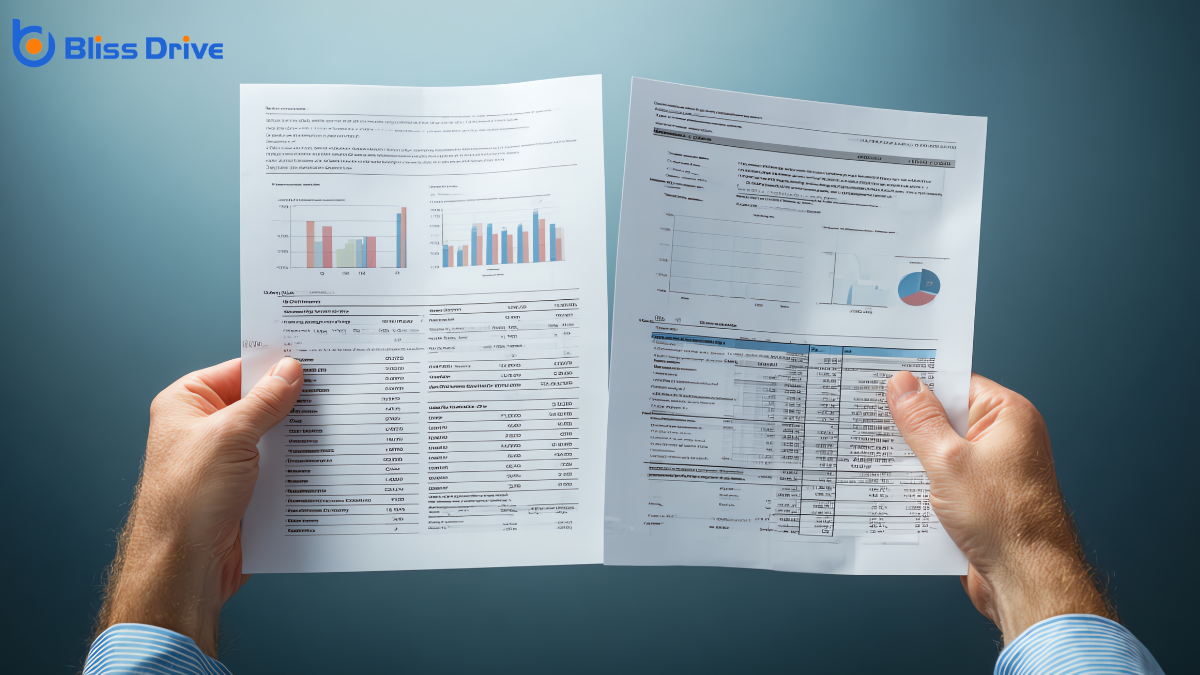Learn More About Us

When we consider the biggest B2B marketplace, Alibaba clearly stands out. It's not just the transaction volume or global reach that sets it apart. Alibaba's integration of cutting-edge technology and its extensive product range make it a powerhouse in the industry. But what exactly contributes to Alibaba's dominance, and how do other marketplaces stack up against it? Let's explore these dynamics and uncover what makes a B2B marketplace truly successful.
When evaluating B2B marketplaces, it's crucial to focus on key metrics that provide a thorough understanding of performance and potential. We need to take into account factors like user engagementThe level of interaction and involvement users have with social media content. and retention rates. These metrics reveal how often users return and their interactions, indicating the platform's relevance and usability.
Analyzing customer satisfaction scores also helps us gauge the quality of service and support provided.
Additionally, examining revenue diversity shows us how reliant the marketplace is on different income sources. A wider range of revenue streams often suggests stability and growth potential.
Finally, market share provides insight into the marketplace's competitive position. By understanding these metrics, we can better assess which B2B marketplace aligns with our strategic goals and offers the greatest opportunities for growth.

While evaluating B2B marketplaces, transaction volume emerges as a critical indicator of a platform's activity and success. It tells us how frequently business transactions occur, reflecting the marketplace's vibrancy.
Let's explore why transaction volume matters:
As we explore the user base and global reach of B2B marketplaces, it's vital to understand how these factors shape the platform's growth and sustainability. A vast user base enhances network effects, where each additional user increases value for others. This dynamic is essential for attracting more businesses.
Global reach, on the other hand, determines a platform’s ability to connect diverse markets and cultures. It allows companies to access varied suppliers and customers worldwide, fostering international trade relationships.
We should consider how these platforms leverage technology to overcome geographical barriers. By offering multilingual support and localized services, marketplaces can cater to different regions effectively.
Ultimately, a broad user base and expansive global reach are key indicators of a B2B marketplace’s potential for long-term success.
As we explore platform diversity and product range, we see how a global supplier network plays an essential role in expanding options for businesses.
By categorizing products into industry-specific segments, these platforms cater to nicheA specific segment of the market targeted by affiliates to promote products or services. markets while maintaining a broad appeal.
This diversity guarantees that we can access a wide spectrum of products, enhancing our ability to meet varied business needs.
A robust global supplier network is essential for any thriving B2B marketplace, offering diverse platforms and an extensive product range.
When we examine the largest marketplaces, their success hinges on connecting buyers with suppliers across the globe. This diversity enriches the platform and boosts appeal.
Here’s what a well-rounded network should include:
Understanding these elements helps us appreciate the backbone of successful B2B marketplaces.
While exploring industry-specific categories, we see that platform diversity and product range are pivotal in distinguishing B2B marketplaces. Each marketplace tends to cater to particular industries, offering specialized products that meet the unique needs of businesses.
By focusing on specific sectors, these platforms provide tailored solutions and expertise that a general marketplace might lack. For instance, some platforms excel in technology, while others specialize in agriculture or manufacturing.
We know that platform diversity allows businesses to connect with suppliers who understand their industry nuances. This focus on specific categories guarantees that businesses can source products that align with their exact requirements.
Exploring the product variety spectrum within B2B marketplaces, we find that platform diversity and product range are key factors in meeting diverse business needs.
A marketplace's ability to offerThe specific product or service being promoted by affiliates. an extensive array of products can greatly impact its appeal and utility to businesses seeking specific solutions.
In evaluating these platforms, we should consider:
These elements help us appreciate the marketplace's capacity to address varied and evolving business demands.

As we explore the domain of innovation and technological integration, it's evident that advancements are reshaping the B2B marketplace landscape.
We're seeing platforms leveraging artificial intelligence to personalize user experiences and streamline complex transactions. Machine learningA subset of artificial intelligence where computers use data to learn and make decisions. algorithms now predict buyer behavior, providing sellers with valuable insights to enhance their strategies.
Furthermore, blockchain technology is making its mark by offering transparent and efficient supply chain solutions.
Adopting these technologies means faster decision-making and improved collaboration between businesses. Automated processes can reduce operational costs and increase efficiency.
Additionally, integration with IoT devices enables real-time data exchange, further optimizing operations.
In the B2B marketplace, ensuring trust and security in transactions is essential for fostering long-lasting business relationships. We all know that confidence in the process encourages more transactions and collaboration. To achieve this, several key practices must be in place:
False assumptions about B2B marketplaces can leadA potential customer referred by an affiliate who has shown interest in the product or service but h... us astray. To understand the landscape, let’s explore case studiesIn-depth analyses of specific instances or examples to highlight success stories or lessons learned.... of leading platforms.
Alibaba stands out as a pioneer, known for its enormous reach and extensive product range. Its success lies in connecting millions of suppliers with global buyers, streamlining transactions.
Amazon Business, another powerhouse, leverages its existing infrastructure to cater to businesses. Its focus on vast inventory and efficient logistics offers a seamless purchasing experience.
We can't overlook ThomasNet, a marketplace specializing in industrial products. Its strength lies in offering detailed product data, aiding informed purchasing decisions.
These case studies illustrate diverse approaches to B2B success. By examining them, we gain insights into what makes a marketplace thrive in varying sectors.

While global giants like Alibaba and Amazon Business dominate the international scene, regional leaders play an essential role in their own territories.
These local champions often understand market nuances better than their larger counterparts, offering tailored solutions.
Let's consider how they excel:
Our understanding of these dynamics highlights the balance between global reach and local expertise.
As we consider the unique strengths of regional leaders alongside global giants, it becomes clear that the future of the B2B marketplace will be defined by innovation, technology, and adaptability.
We're seeing a shift towards personalized experiences, where data analyticsThe systematic computational analysis of data or statistics to gain insights and support decision-ma... play a pivotal role. Real-time insights allow businesses to tailor their offerings, enhancing customer satisfaction and loyalty.
Blockchain technology and artificial intelligence are also revolutionizing transparency and efficiency in transactions. Companies that embrace these technologies will likely lead the market.
Additionally, sustainability is no longer optional; it's a necessity. Green practices are becoming integral to business strategies as consumers and partners demand eco-friendly solutions.
To thrive, we must stay agile, embracing change and leveraging new technologies to meet evolving demands.
In evaluating B2B marketplaces, we can't overlook Alibaba's unparalleled dominance. Its vast transaction volume, extensive user base, and diverse product range are unmatched. By leveraging cutting-edge technology like AI and blockchain, Alibaba guarantees personalized experiences and secure transactions. While regional leaders offer strong competition, Alibaba's global reach and innovation keep it at the forefront. As we look to the future, it’s clear that Alibaba will continue to shape the B2B marketplace landscape.
